Uber has been in the hot seat for awhile now, for many reasons, especially for being sued by Waymo over stolen LiDAR designs. But now, perhaps the attention will be taken off both Uber and Waymo as a new contender enters the LiDAR arena; A small, independent company called Luminar has finally let the world in on what it has been cooking up.
Luminar, founded by 22-year-old Austin Russell, has been developing LiDAR technology for the past five years. Russell began the company at age 17, dropping out of Stanford thanks to receiving a $100,000 Theil Fellowship (as in Silicon Valley investor Peter Thiel). Now it looks to surpass the technology built by driverless titans like Waymo and Velodyne.
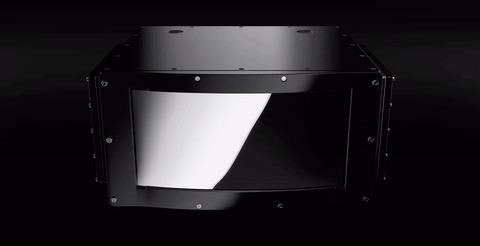
Luminar took a different approach to LiDAR: Rather than building on what other companies had already done, Russel decided to design their technology from the ground up, using what he calls "exotic" materials other companies were not using.
His approach appears to have paid off. Luminar has so far received $36 million in funding from a variety of backers, and their technology is beyond impressive. Their LiDAR system has a viewing range of 200 meters, which is astounding, as other LiDAR systems usually only range 35–50 meters, and are not nearly as clear as Luminar.
On top of that, Luminar's system has a 120º view and "optical zoom," where the system can focus more clearly and intensely on an area or object of interest. In plain terms, Luminar's system can just "see" much better than other LiDAR systems out now.
Russell is clearly proud of the technology and what they've achieved over their competition.
We can see objects at 200 meters, while driving 75 miles per hour. That means you have about 7 seconds of time for your car to react. Other lidars only give one second of reaction time.
Fortune does point out that Russell does not provide evidence for the claims against the reaction times of other companies' LiDAR systems, so there doesn't appear to be a way to verify those figures. However, Luminar's accomplishments are still impressive if true.

Russell has not disclosed how much his LiDAR system costs, but he implies it won't be cheap, unlike other up-and-coming LiDAR systems such as Quanergy's. His reasoning seems to be related to safety—keeping the technology accurate and reliable is expensive right now, so finding ways to lower the cost will lower the effectiveness of the device.
We won't know until the figures are released, but considering many LiDAR systems cost upwards of $75,000, and potentially require two per vehicle to function, Luminar may have an advantage with its capable technology. Still, they'll have to compete with cheaper ones on that market, like Quanergy's possible $250 ones, and ones by Velodyne and other companies that are low-cost.
Just updated your iPhone? You'll find new emoji, enhanced security, podcast transcripts, Apple Cash virtual numbers, and other useful features. There are even new additions hidden within Safari. Find out what's new and changed on your iPhone with the iOS 17.4 update.
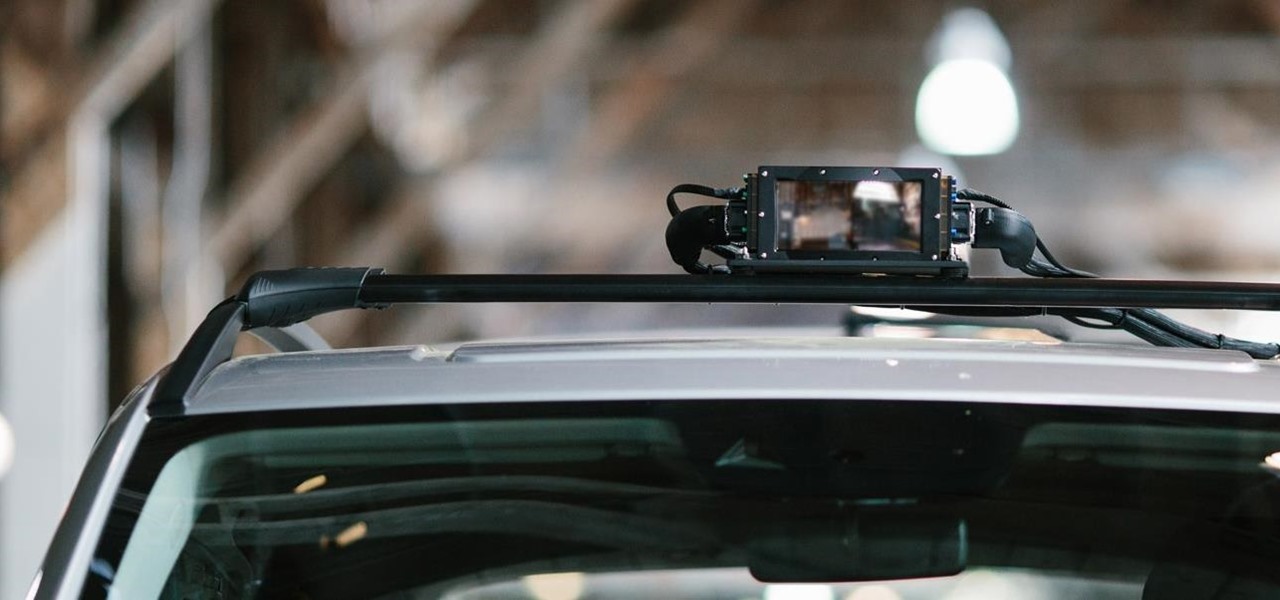


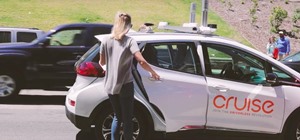
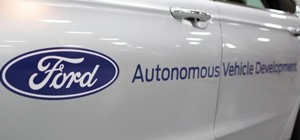

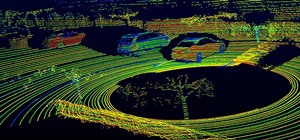
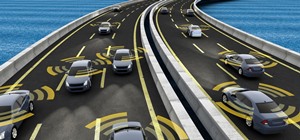
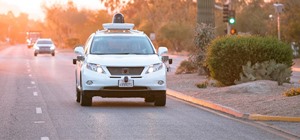
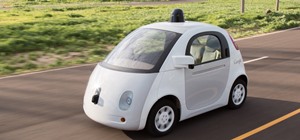
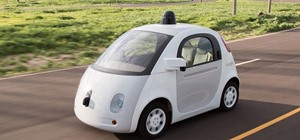
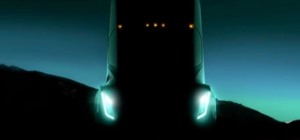

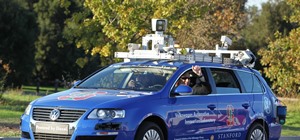
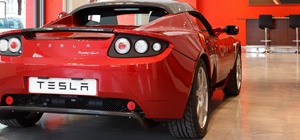

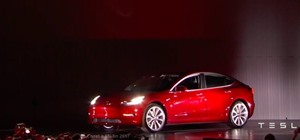
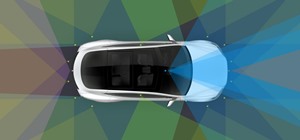

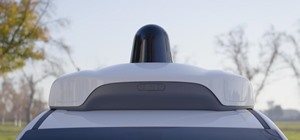
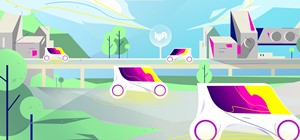
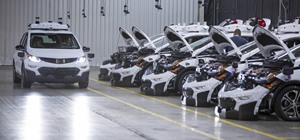
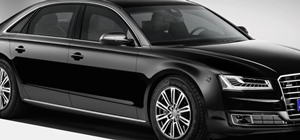
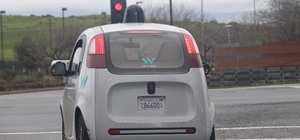

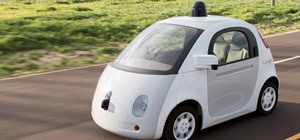
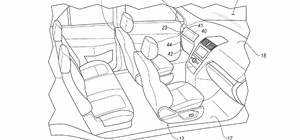

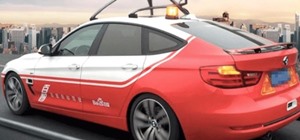
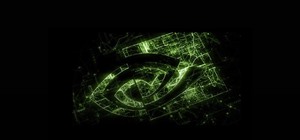
Be the First to Comment
Share Your Thoughts